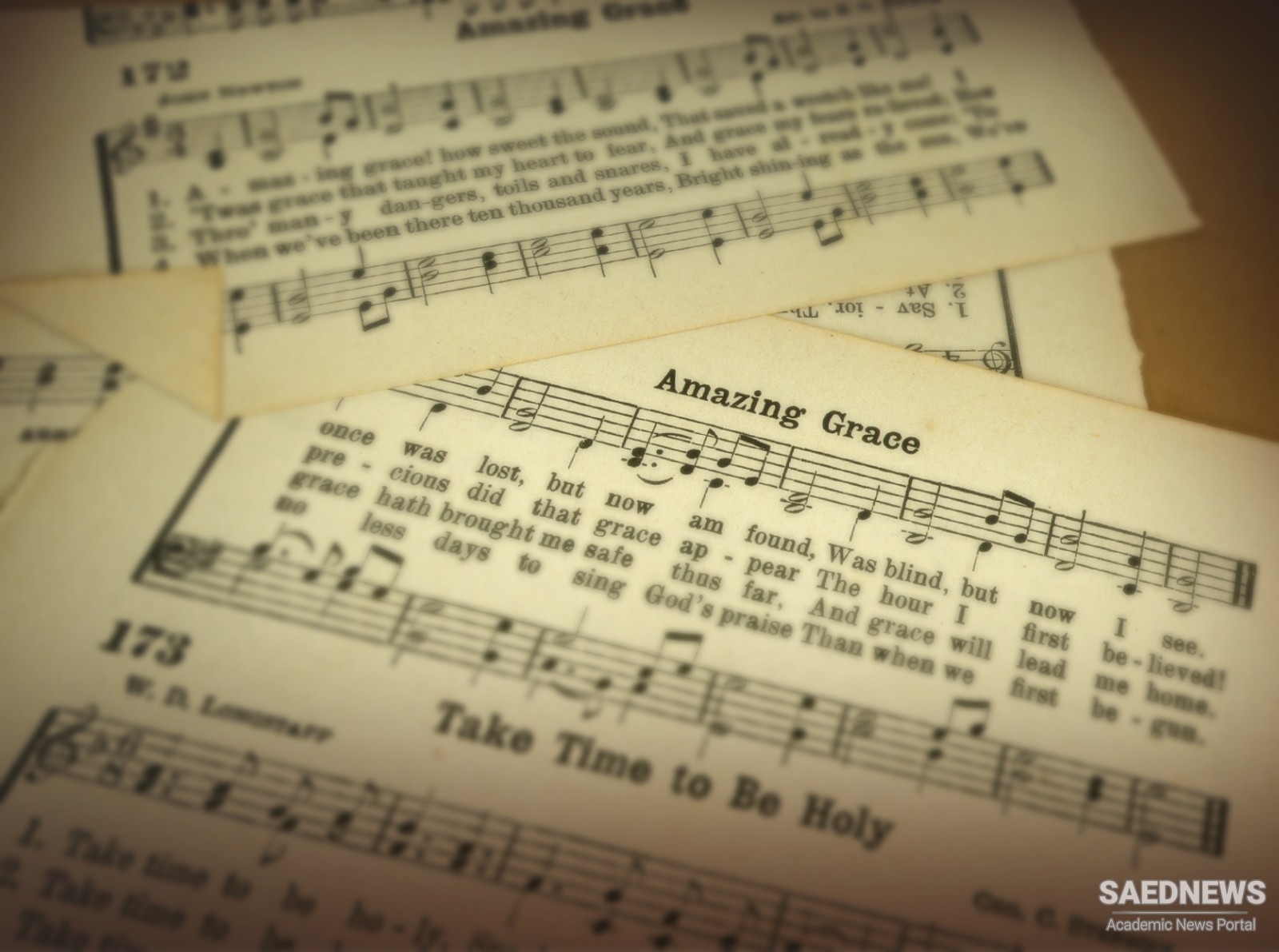In many ways the most elegant expression of the new Frankish styles was the hymn. A hymn originally was a song of praise to God. In this sense the Gloria in excelsis was considered a hymn, even though written in prose; perhaps the most splendid Christian prose hymn is the Te Deum (We praise thee, O God), set to music probably in early Frankish times. Various Latin poets between 300 and 800, including St. Ambrose of Milan (340–397), the Spanish Prudentius (348–?413), and Venantius Fortunatus (ca 530–ca 600), wrote more specialized types of hymns in regular poetic forms. In spite of high artistic quality, their poems were not at that time taken up extensively by composers (as far as we know) or included in the Gregorian repertory. Eight hymns of St. Ambrose were incorporated into the Benedictine monastic offices, but what melodies these hymns used before 800 we have no specific idea. Hymns with regular poetic structure offered Frankish monastic composers many advantages, most of all the chance to write melodies even more repetitive than those for the prose or Kyrie. Furthermore such hymns already had a position in the liturgy, at least in the monastic offices (but never in the mass), while the prose had to be slipped in. During the 700s and 800s many hymns must have been written. We know of several important writers of hymn texts, such as Paul the Deacon (730–799), Theodulfus (ca 760–ca 821, All glory, laud, and honor), and Rabanus Maurus (780– 856, Come, Holy Ghost), eminent in church and state as well as letters. In the hymn, as in the prose and Kyrie, Frankish composers of the 700s and 800s were responsible for a decisive phase of musical composition. Taking up the metrical hymn, a relatively isolated form, they gave it a musical definition so strong it still serves today. Nowhere has the medieval musical achievement been so enduring as in the hymn—not necessarily in individual tunes, although many are still in use, but in the musical concept of a hymn. While medieval hymn writers used many poetic structures, they favored far above all others the very simple one invented by St. Ambrose and so closely identified with him as to be called Ambrosian. This meter is still our most basic type of hymn.


 Expansion of Frankish Style of Music
Expansion of Frankish Style of Music














































